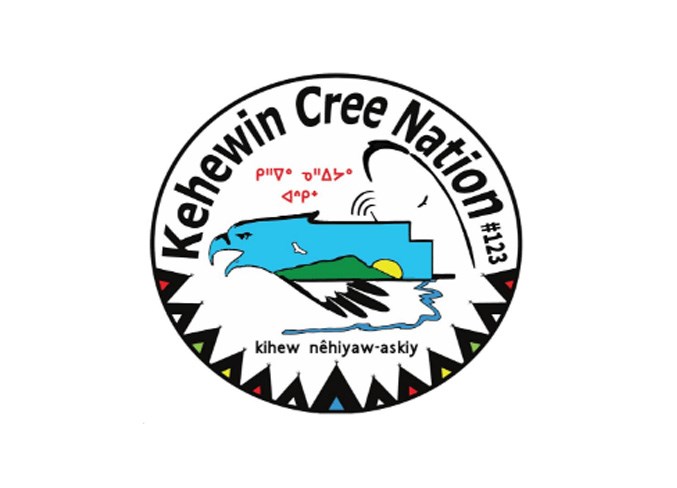Riders are saddling up to experience healing and restore relationships.
Kehewin Cree Nation will continue their Healing Ride this year, with participants starting at Blue Quills University on Thursday, June 20 and arriving at the Frog Lake Historic Site on Sunday, June 23.
Both locations have significant meaning for indigenous communities.
Blue Quills University was originally a residential school before becoming Canada’s first indigenous-controlled education centre in 1971. A traditional Horse Dance will mark the beginning of the ride, along with elders from the community explaining the history and significance of Blue Quills.
Travelling on horseback, the group will end this year’s journey at the site of the Frog Lake massacre, where nine members of the Frog Lake Cree Nation were murdered during the Cree uprising of the 1885 North-West Rebellion.
Team lead Ken Dion described the the massacre as “one of the biggest” in the area.
”The history kind of hurts a little, but at the end of the day, it should be told by people to other people because things are being interpreted in different ways.... We dealt with the trauma from residential schools, and now we’re going to say, ‘okay, there’s an event that happened in Frog Lake that they call the public massacre.’”
This marks the second year for the Healing Ride.
The first leg of the journey, in 2018, had riders go from Kehewin Cree Nation to Blue Quills. It’s meant to address the conflicts of the past, and allow those to heal from the inter-generational pain that was caused.
”It was just to identify last year what was happening with residential schools,” explained Dion. “A lot of it was also getting people back with the horse, getting them back to the land, and working with the land, horse, and people.”
Anyone interested is welcome to participate. If you don’t have a horse, you can walk or run alongside the group.
”It’s community members from all around us that want to be involved, and it’s all nationalities that get involved. We ride together, share stories, and get a better understanding of the horse,” detailed Dion.
Inspired by the Dakota 38, a documentary that follows native riders on their own healing journey to honour the 38 indigenous warriors that were killed in the largest mass hanging in United States history, people come together to respect and relate to one another.
”The whole thing is about the relationship with the land, and the relationships with people or with yourself, because part of that is understanding who you are. It doesn’t matter what nationality you are, but if you understand who you are then things are a lot easier,” Dion said. “When you meet somebody, and shake their hand, you know who you are, the other person knows who they are, and you can engage in conversation.”
In order to assist with the costs of the Healing Ride, organizers reached out to neighbouring communities for contributions.
As part of their mandate to strengthen bonds with Kehewin Cree Nation, Town of Bonnyville council made a $250 donation during their June 11 meeting.
”It’s about commemorating and trying to bridge the gaps between the cultures,” said Bonnyville Mayor Gene Sobolewski. “Working and supporting our indigenous neighbours is what it’s all about.”
In a letter to the town, Kehewin Chief Vernon Watchmaker said, “(The Healing Ride) was embraced by all involved as it was entrenched with traditional ceremonial guidance and reconciliatory values. The elders, spiritual guides, and riders were committed throughout the process... The healing must continue.”
Starting at the Frog Lake Historic Site, next year’s participants will pick up where they left off, making the trek to Fort Pitt, where the Treaty Six agreement was signed in 1876. The final stretch will see participants riding all the way to North Battleford.
For more information, or to register, email [email protected]



